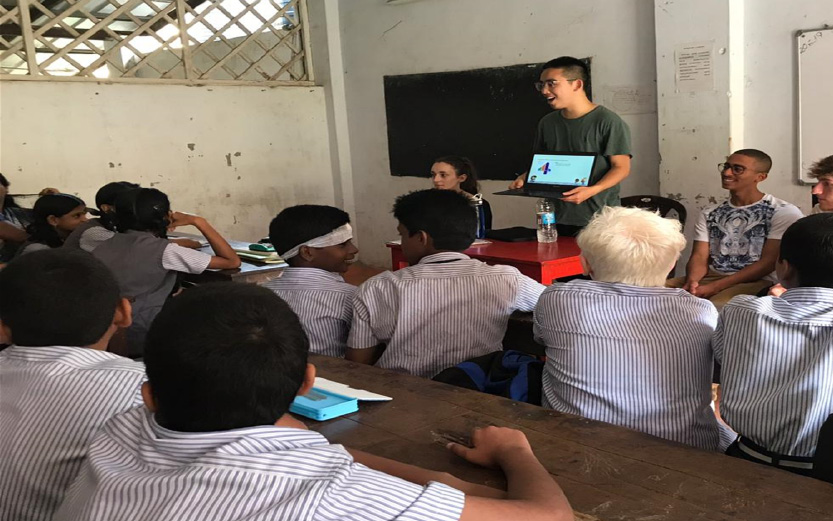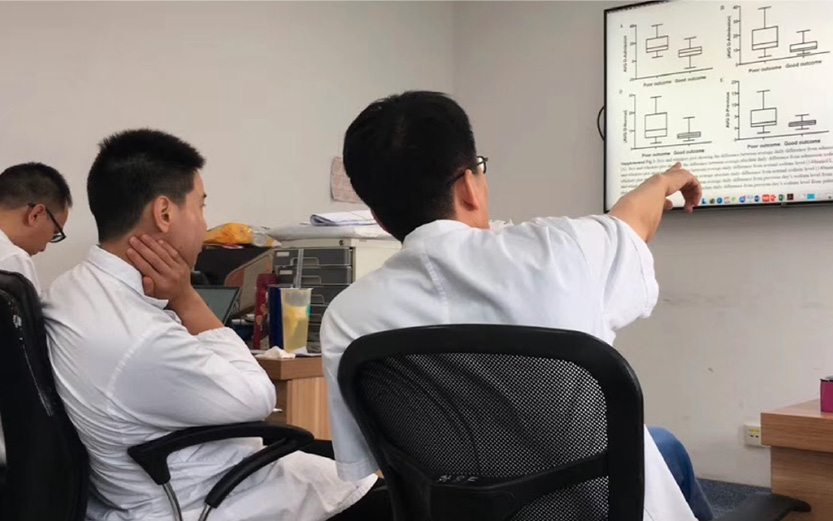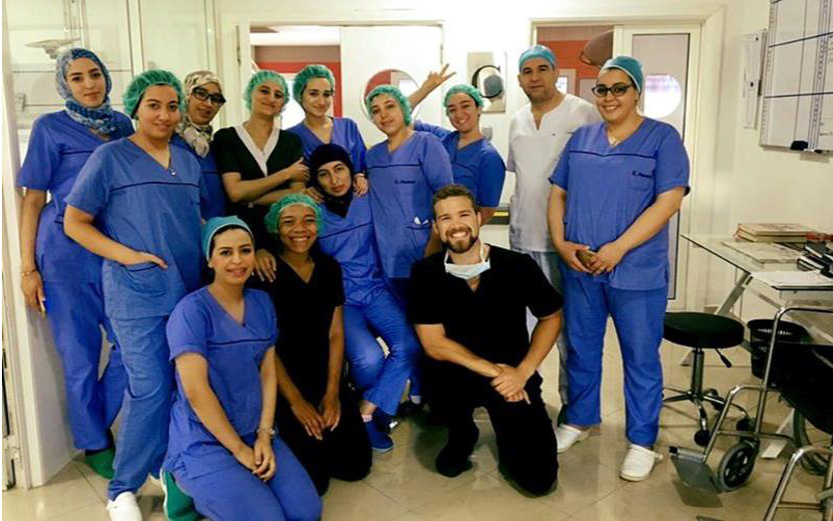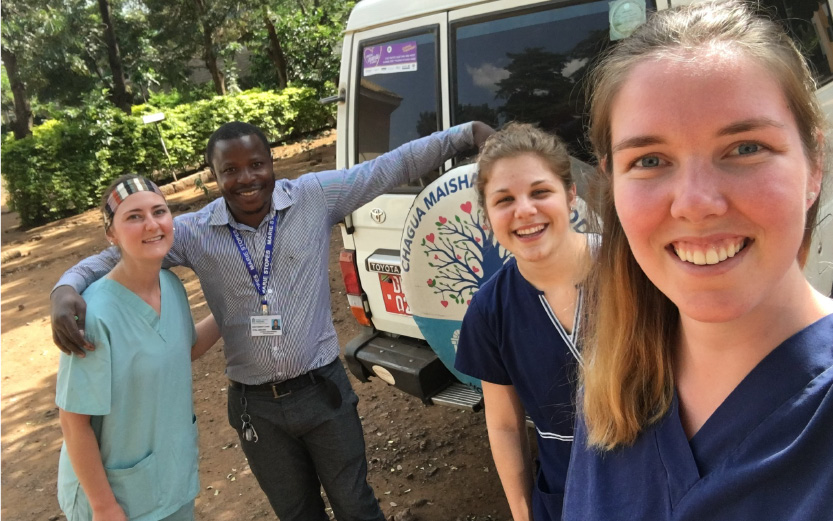Global health focuses on improving health and health equity for all people worldwide1. It emphasizes transnational issues, determinants and solutions, including challenges that cannot be addressed by one nation on its own. Historically, a core aspect of global health has been its focus on populations in low- and middle-income countries (LMIC); this stems from global health’s roots in public health and international health, recognizing the disproportionate burden of disease and ill health often seen in LMIC. Tackling global health disparities, such as the burden of infectious diseases and maternal and child mortality, was a key focus of the Millennium Development Goals (MDGs) from 1990 to 2015. The MDGs were largely focused on LMICs and were not applied in high income countries (HIC), like Canada. As the field of global health evolved, it has underscored the importance of population health approaches, the interconnected causes of poor health (e.g. migration, climate change, etc.), and the critical need for equitable global health partnerships and practices. At the same time, medical schools have expanded the concept and practice of global health to include health inequities facing vulnerable and marginalized populations within HIC, and their determinants and solutions, under a social accountability framework2. This shift coincides with the creation of the Sustainable Development Goals (2015 to 2030), which have been adopted and are reportable by all countries.
In the Faculty of Medicine, our Global Health Program through the International and Global Health Office (IGHO) focuses on activities and partnerships addressing the international and transnational aspects of global health education and practice, while our Office of Social Accountability programs and activities are directed towards populations living in vulnerable circumstances within Canada. While the core issues and root causes for these vulnerabilities may be similar across contexts, we feel it is important to make the distinction between the mandates of the two offices. Through these two structures (IGHO and SA), the Faculty of Medicine applies a common set of values and principles, mutually enacted through critical reflexive engagement3 with communities and partners in Canada and abroad, while maximizing our reach and impact.
Global health education within individual academic programs may adopt different approaches, depending on the norms and competencies that have been defined within their respective fields.
Definitions:
Global health is an area for study, research, and practice that places a priority on improving health and achieving equity in health for all people worldwide. Global health emphasizes transnational health issues, determinants, and solutions; involves many disciplines within and beyond the health sciences and promotes interdisciplinary collaboration; and is a synthesis of population-based prevention with individual-level clinical care (Koplan et al. 2009).
Social accountability refers to the obligation to direct the education, research and service activities of medical schools towards addressing the priority health concerns of the community, region, and/or nation they have a mandate to serve. The priority health concerns are to be identified jointly by governments, health care organizations, health professionals and the public (Boelen & Heck 1995).
- Koplan, J. P. et al. (2009) Towards a common definition of global health. The Lancet 373(9679):1993-1995.
- Boelen, C., & Heck, J. E. (1995) Defining and measuring the social accountability of medical schools. Geneva: Division of Development of Human Resources for Health, World Health Organization.
- Fitzgerald, M., Shoemaker, E., Ponka, D., Walker, M., Kendall, C. (2021) Global health and social accountability: An essential synergy for the 21st century medical school. J Glob Health;11:03045.






